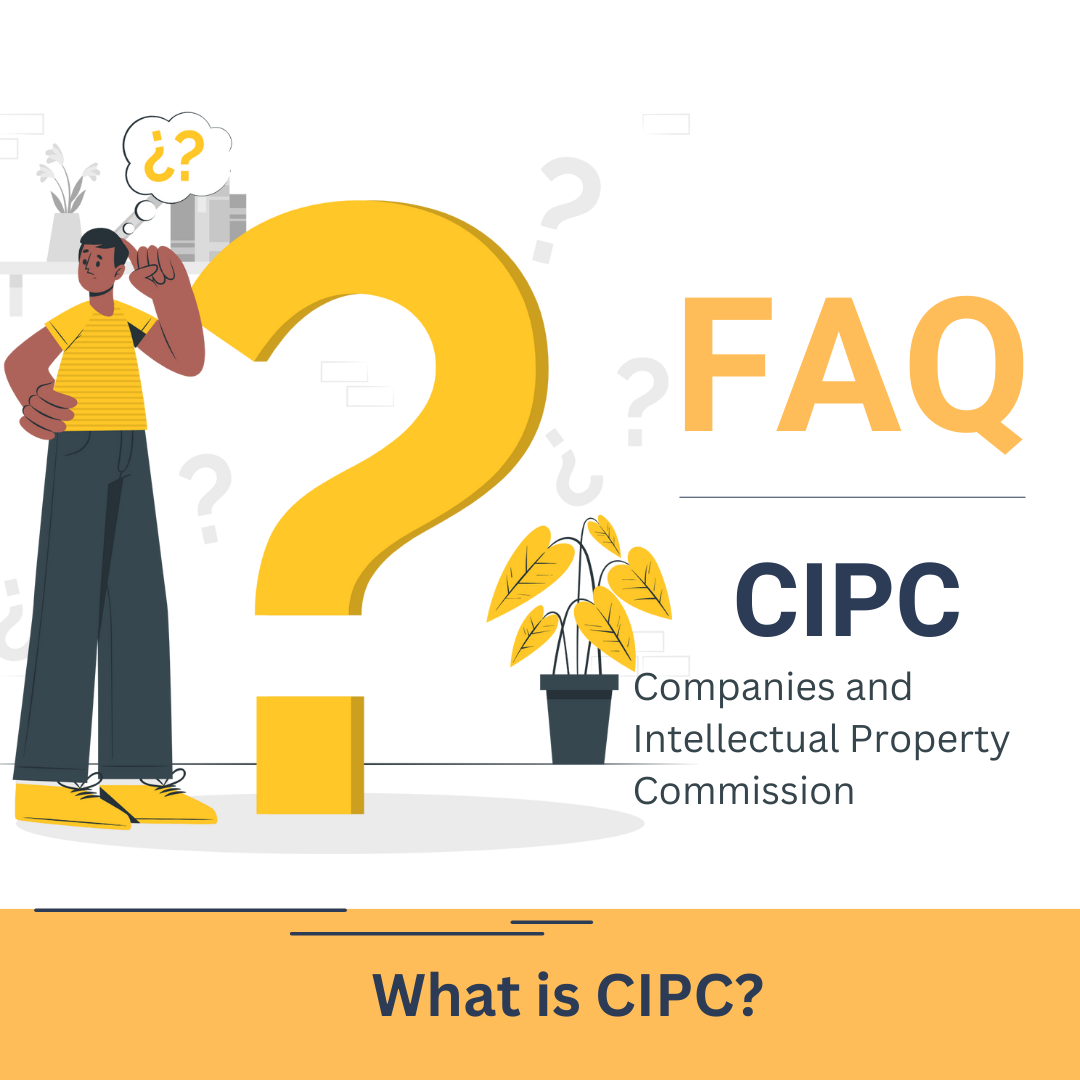
Demystifying the CIPC for SMME Contractors: Your Guide to Success
Small, Medium, and Micro-sized Enterprises (SMMEs) are the lifeblood of South Africa's economy. They drive innovation, create jobs, and foster economic growth. However, navigating the regulatory landscape as an SMME contractor can be a daunting task. That's where the Companies and Intellectual Property Commission (CIPC) comes into play. In this blog post, we will delve into what the CIPC is and why it matters to SMME contractors, shedding light on how it can be a valuable resource on your journey to success.
Understanding the CIPC
The Companies and Intellectual Property Commission (CIPC) is a regulatory body operating under the Department of Trade, Industry, and Competition in South Africa. Established in 2011, the CIPC replaced the Companies and Intellectual Property Registration Office (CIPRO) and was designed to simplify and streamline various business processes. Now, let's explore why SMME contractors should care about the CIPC.
Business Registration
One of the first steps for any budding SMME contractor is to establish a legal entity for your business. The CIPC plays a pivotal role in this process. It is responsible for the registration of companies, close corporations, and other types of business entities operating within South Africa. Registering your business with the CIPC is not only a legal requirement but also a fundamental step in establishing your legitimacy as a contractor.
When you register your SMME with the CIPC, you'll receive a registration number and a certificate of incorporation. This not only proves your business's existence but also allows you to open a business bank account, apply for licenses and permits, and engage in contractual agreements with clients and suppliers.
Intellectual Property Protection
Many SMME contractors possess valuable intellectual property, whether it's a unique product design, a proprietary software application, or a trademarked logo. The CIPC plays a crucial role in protecting these intellectual property rights. Here's how:
1. Trademarks: If you've developed a unique brand name, logo, or slogan, registering it as a trademark with the CIPC ensures exclusive rights to use and protect your brand identity. This is vital for contractors looking to build a recognizable and reputable brand.
2. Patents: If your SMME specializes in innovative products or processes, obtaining a patent through the CIPC can provide a competitive edge by granting you exclusive rights to your invention for a specified period.
3. Copyrights: Contractors in creative industries should consider registering their works, such as literature, music, or art, with the CIPC to safeguard their intellectual property and prevent unauthorized use.
Compliance and Governance
Compliance with South Africa's business laws and regulations is essential for SMME contractors. The CIPC ensures that businesses adhere to the Companies Act, 2008, and other relevant legislation. This helps maintain transparency and accountability in the corporate world. Here's why this matters to SMMEs:
1. Corporate Governance: Following the rules outlined by the CIPC fosters good corporate governance practices within your SMME. This not only builds trust with clients but also reduces the risk of legal complications down the line.
2. Financial Transparency: Compliance with CIPC regulations involves submitting annual financial statements and maintaining accurate company records. This financial transparency can be advantageous when seeking financing or attracting investors.
Access to Business Information
The CIPC operates a comprehensive database that contains essential information about registered companies and business entities in South Africa. As an SMME contractor, you can tap into this valuable resource in several ways:
1. Market Research: Accessing the CIPC's database allows you to gather insights into your industry, competitors, and potential clients. This data can be instrumental in crafting your business strategy.
2. Supplier and Client Verification: Before entering into contracts or partnerships, you can use the CIPC's database to verify the legitimacy and credibility of potential suppliers, clients, or partners.
3. Networking: The CIPC's database can help you connect with other businesses in your sector, fostering collaboration and networking opportunities.
Conclusion
In the dynamic world of SMME contracting, understanding the role and significance of the Companies and Intellectual Property Commission (CIPC) is crucial. From business registration to intellectual property protection, compliance, and access to essential information, the CIPC serves as a valuable resource for SMME contractors seeking to thrive in South Africa's business landscape.
By registering your business with the CIPC, protecting your intellectual property, and adhering to regulatory requirements, you not only ensure your business's legal standing but also position yourself for growth and success. Embrace the opportunities that the CIPC offers, and let it be your partner on your journey to SMME contracting success.





Share